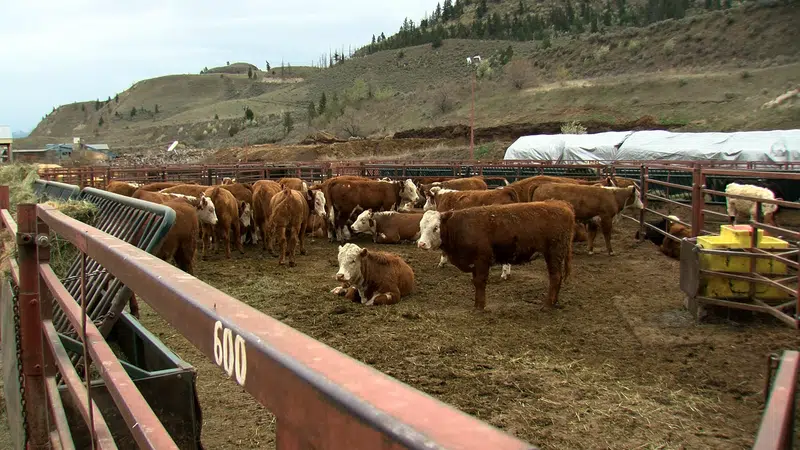
Ranchers feeling impact of beef processing plant closures
KAMLOOPS — The demand for beef is running high during the COVID-19 pandemic, but the recent shutdown of operations at two processing plants in Alberta has caused a snag.
Hundreds of employees tested positive for the virus at Cargill’s meat processing plant in High River, AB, while one employee died — resulting in a closure on Monday. Wednesday (Apr. 29), the company announced it plans to re-open with one shift on May 4.
Meanwhile, a second Alberta plant, JBS, has reduced operations after recording nearly 100 positive cases among its employees.


